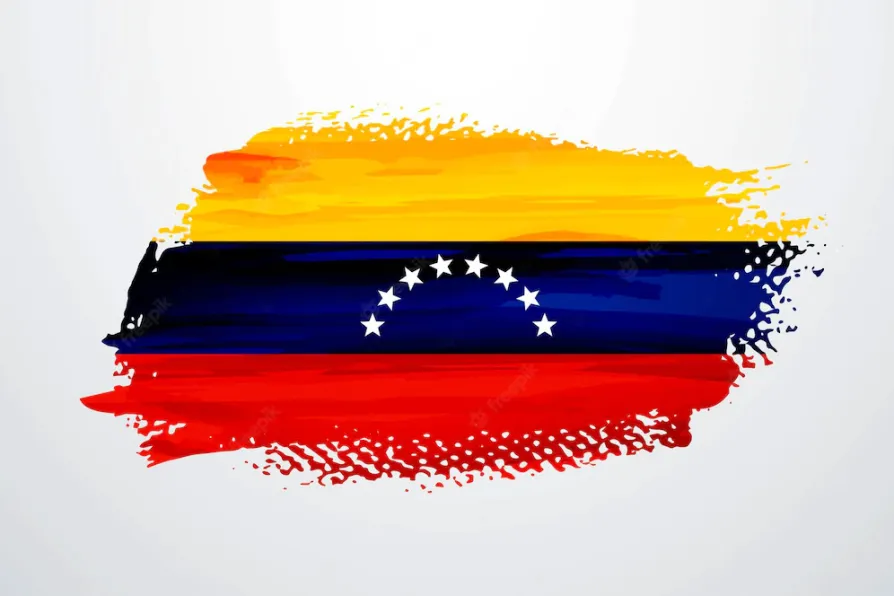The Mandelson scandal reveals a political settlement in which democratic choice is curtailed and the power of markets eclipses the will of voters – only the left can challenge this, writes JON TRICKETT MP


DESPERATE times breed desperate measures. In a shock development, parts of the international corporate media are reporting that the US has approached the Venezuelan government with a view to buying oil to shore up its domestic market and avert an energy crisis.
The US is currently experiencing substantial hikes in gasoline and diesel prices following its ban on imports of Russian oil in retaliation for the war in Ukraine.
The bilateral talks are the first to take place since President Nicolas Maduro broke off diplomatic relations between the two countries in January 2019 in protest against President Donald Trump’s recognition of Juan Guaido as Venezuela’s “interim president.”

The US attack on Venezuela raises grave threats to Cuba and the region, writes NATASHA HICKMAN of Cuba Solidarity Campaign

International solidarity can ensure that Trump and his machine cannot prevail without a level of political and economic cost that he will not want to pay, argues CLAUDIA WEBBE

The global left must be unwavering in it is support for Venezuela as Washington increases its aggression, and clear-eyed about the West’s cynical motives for targeting it, says CLAUDIA WEBBE











